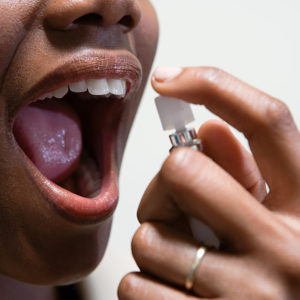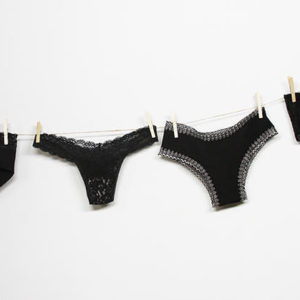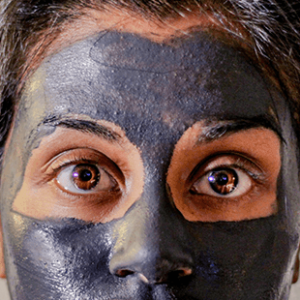Anxiety. We all deal with it from time to time as a natural response to stress and danger. But sadly, almost 20% of Americans suffer from chronic anxiety-related disorders, and up to 70% confess to feeling anxious on a daily basis. When anxiety becomes a daily struggle, it can take its toll on quality of life and even your health. If worry and stress interfere with your life, consider these natural ways to combat anxiety.
Eliminate Caffeine
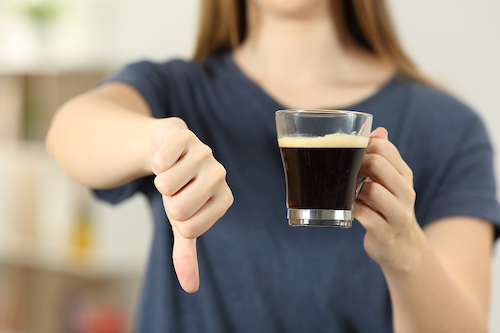
Caffeine stimulates the brain to release the pleasure hormone dopamine. Over time, this can cause a serotonin depletion, which can lead to depression. Additionally, caffeine causes a release of the stress hormone cortisol. A cortisol surge can cause jitteriness as well as feelings of nervousness and anxiety. Consider replacing that cup of coffee with herbal tea or soda with a flavored sparkling water.
Increase Magnesium Intake
Magnesium is a calming mineral that helps our brains cope with fear, anxiety, and nervousness. Symptoms of magnesium deficiency include paranoia, anxiety, depression, confusion, anger, nervousness, insomnia. Magnesium is quickly depleted during times of stress, so it’s important to supplement Mg during times of increased stress or worry.
Meditate
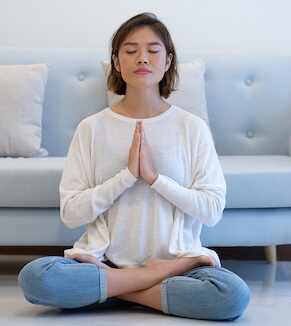
Meditation encourages mindfulness and deep breathing, two practices that can reduce anxious thoughts and feelings. Mindfulness guides a person to concentrate on the internal functioning of the muscles, nerves, and blood vessels, which ultimately normalizes physiological response to the environment.
The age-old advice, “take a deep breath” may be more beneficial than you think. Studies show that deep breathing practices actually decrease anxiety and increase positive thoughts.
Skip the Evening Glass of Wine
As a depressant, alcohol decreases the natural production of the happiness hormone, serotonin. Studies show that alcohol consumption directly affects the function of the hypothalamic-pituitary-adrenal axis (or HPA axis) of the brain. The HPA axis controls our bodies’ reaction to stress and ultimately the regulation of cortisol. Even just one drink can interfere with this process and cause an increase in cortisol levels.
Sleep
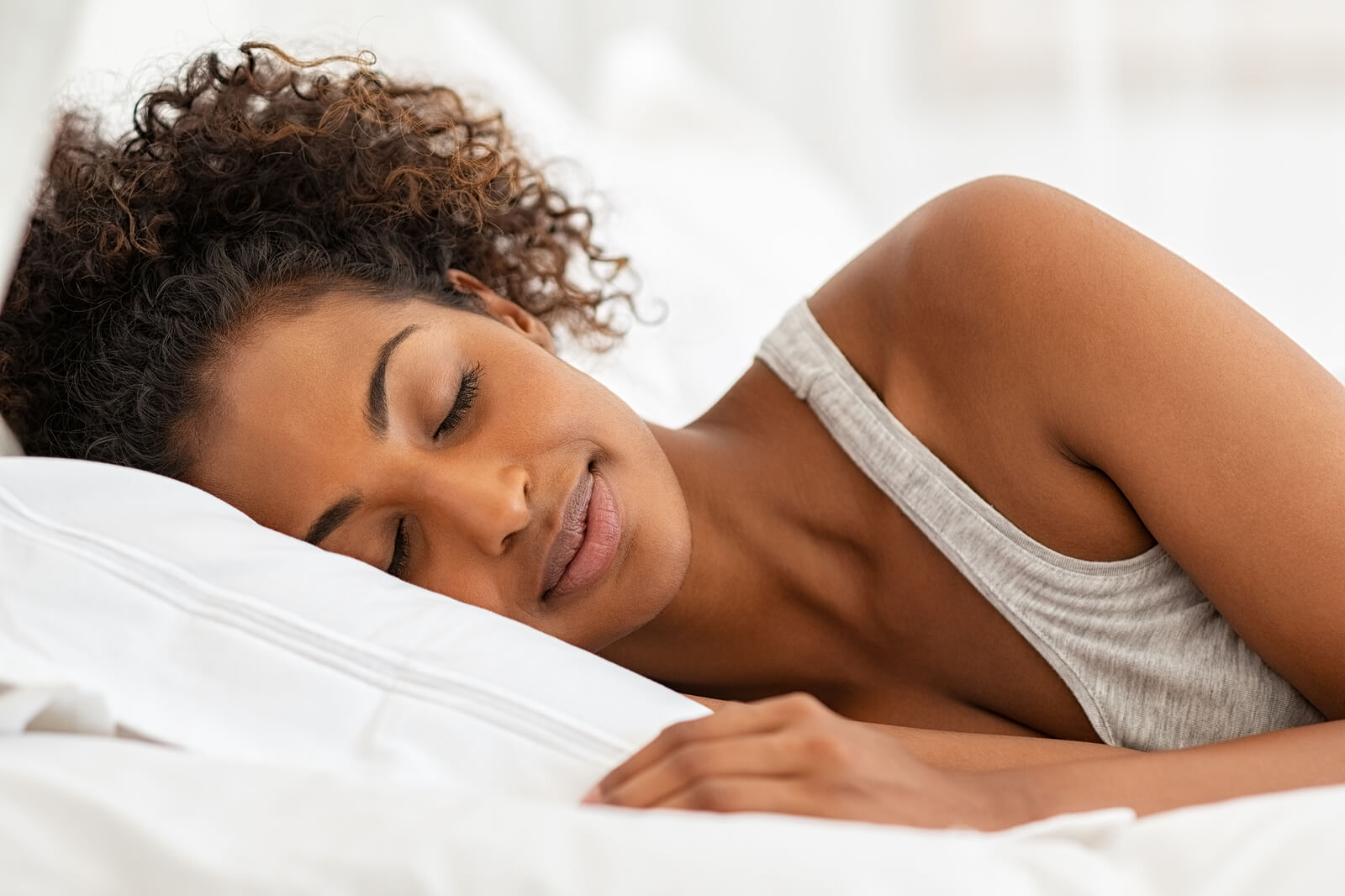
Sleep not only affects brain function, mood, and physical health, it is also a major contributor to stress. A lack of sleep elevates concentrations of the stress hormones cortisol, epinephrine, and norepinephrine. In this way, a lack of sleep means we are not only less adept to handle stress, but we are also more susceptible to becoming stressed. And being stressed also affects our sleep. To learn more about sleep and stress, check out this post: The Vicious Cycle of Stress and Sleep Deprivation.
Inhale Essential Oil
Because of the way our sense of smell interacts with the amygdala portion of the brain, aromas have a direct influence over our emotions. Many essential oils have natural chemical constituents with anxiolytic (anti-stress) properties. These constituents help release negative emotions, dispel fears, and promote relaxation. Numerous studies show the efficacy of essential oils for easing stress and anxiety.
Stabilize Blood Sugar
Blood glucose levels have a direct relationship with cortisol. When you experience stress or anxiety, your body releases cortisol. When this happens, the body responds with a fight-or-flight response and a flood of glucose to supply an immediate energy source to large muscles. Cortisol also inhibits insulin production to prevent this glucose from being stored. It’s another vicious cycle. Consuming sugar-laden foods increases blood sugar and can further exacerbate this process. When blood sugar levels stabilize, cortisol production follows suit.
Write it Down

One way to deal with overwhelming emotions like anxiety is to find healthy ways to express yourself. Journaling can be a helpful tool for managing your mental health. Journaling gives a sense of control and can help manage your symptoms by helping you prioritize fears, concerns, and internal struggles. It also provides an opportunity to identify negative thoughts and deliberately focus on positive thoughts and gratitude instead. Looking for a journal to get started? Check out this Minute Journal.
Laugh
It’s hard to feel stressed out while laughing. Laughter causes the body to release endorphins. The pleasurable and calming effects of this endorphin release can help reduce feelings of anxiety. As an added bonus, in addition to relieving stress, laughter also increases immune function.

Exercise
Exercise is one of the best natural ways to combat anxiety and stress. Studies show that people who exercise regularly are less likely to suffer from chronic stress and anxiety. When you feel overly stressed or anxious, try to squeeze in even just a few minutes of exercise daily. It not only benefits your physical health, it also does wonders for your mental health as well.
Looking for more natural ways to combat anxiety? Check out this post.


